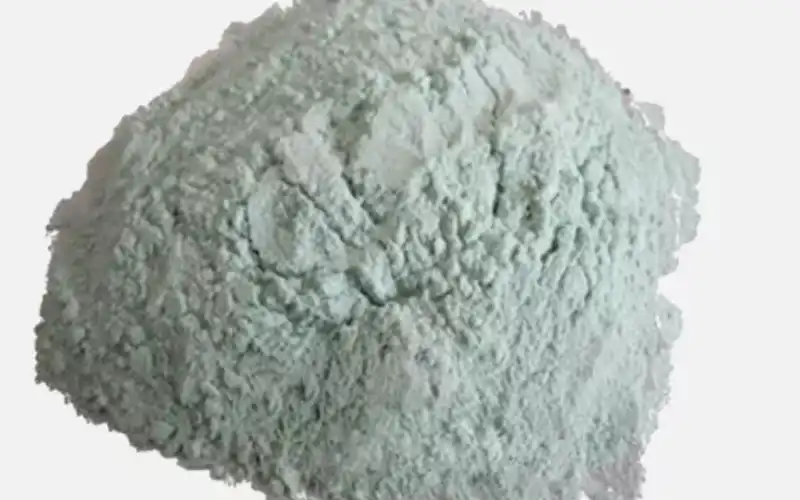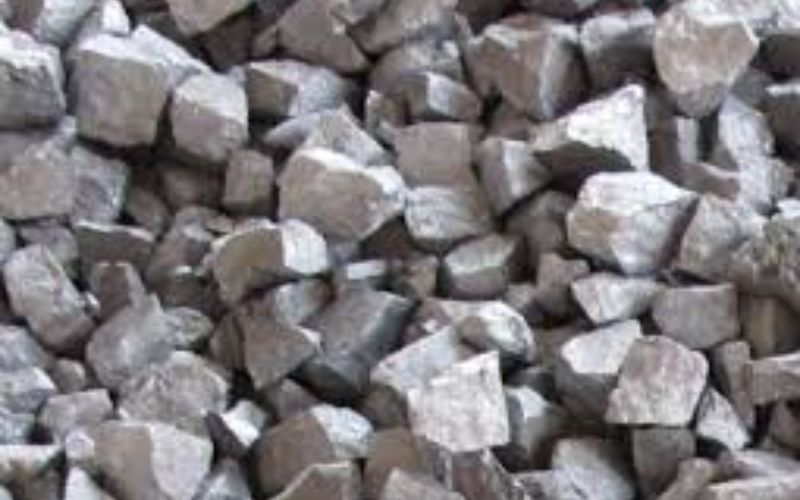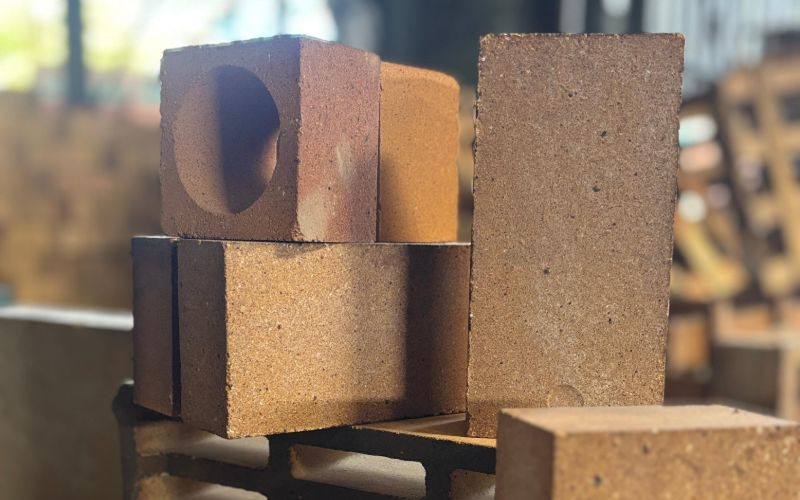Furnace
Furnace applications involve high-temperature processes such as melting, heating, annealing, and refining of materials in industries like steel, cement, glass, and petrochemicals. Furnaces are lined with refractory materials to withstand extreme heat, mechanical stress, and chemical reactions during these operations.
In steelmaking, furnace applications include smelting iron ore, heating billets, and refining molten steel. Efficient furnace designs ensure precise temperature control, energy efficiency, and minimal heat loss. Refractory linings protect the furnace structure, enhance durability, and support consistent performance, making furnaces essential for reliable and high-quality production in industrial processes.
MPRCST 90
Whytheat A is a high-alumina refractory castable with over 90% alumina content, designed for high-temperature applications up to 1750°C. Known for its excellent thermal resistance, mechanical strength, and durability, it performs reliably in extreme environments. Its dense, cement-bonded composition ensures resistance to thermal shocks, abrasion, and chemical corrosion, making it suitable for demanding industrial processes.
This castable is widely used in steel, cement, and petrochemical industries for lining furnaces, kilns, boilers, incinerators, and reactors. Its ability to maintain stability and extend the life of refractory linings makes it a cost-effective solution for high-temperature operations.


Silico Manganese
Silico Manganese is an alloy composed of silicon, manganese, and small amounts of carbon, produced by smelting manganese ore in a submerged electric arc furnace. It is widely used as a deoxidizer and alloying agent in steel production, enhancing the strength, hardness, and durability of steel. Its high manganese content also improves the steel’s resistance to wear and corrosion.
This alloy is critical in the manufacturing of construction steel, stainless steel, and tool steel. Additionally, silico manganese helps reduce impurities like sulfur and oxygen in molten steel, ensuring better quality and performance in various industrial applications.
Bricks
Refractory bricks, also known as fire bricks, are specially designed to withstand high temperatures, mechanical stress, and chemical corrosion. Made from materials like alumina, silica, magnesite, or chromite, these bricks have high thermal stability and low thermal conductivity, making them ideal for insulating and lining furnaces, kilns, boilers, and incinerators.
Commonly used in steel, cement, glass, and petrochemical industries, refractory bricks provide structural strength and thermal efficiency in high-temperature environments. Their durability and resistance to thermal shocks make them essential for maintaining operational reliability in industrial processes.
